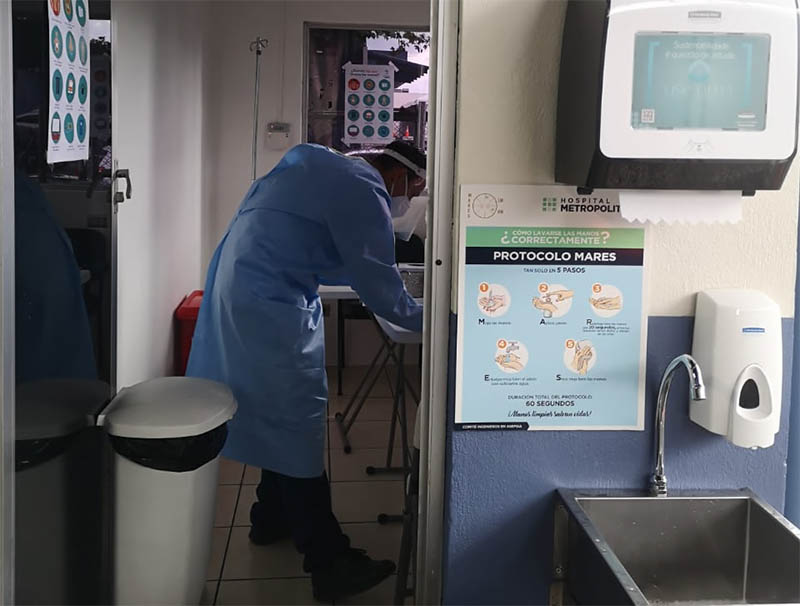In areas of the world where people are still waiting for COVID-19 vaccines, the pandemic is still a reality.
Sanford World Clinics are especially busy.
It is in that capacity Sanford Health has offered support around the world since the pandemic began. The conditions that have tested hospital systems throughout the United States are still present abroad as well.
As vaccines do become available, the Sanford support will be there.
“At several of our clinics, they don’t have the infrastructure or the expertise to operationalize what it takes to get the vaccines into arms as quickly as possible,” said Karoliina Slack, senior director of World Clinics operations. “That’s where we’ve stepped in to assist.”
Ask a doctor: Join an upcoming Facebook Live Q&A about COVID-19 vaccines and variants
Prior to the availability of COVID-19 vaccines, Sanford was helping their World Clinic partners handle the distinctive tests presented by the virus. That role continues.
“Our World Clinic partners are in many cases very small organizations, so they have to wear several hats,” said Tracy Bieber, director of World Clinic clinical services. “Where we’ve really been able to help is with Sanford workflows and policies. There are no copy-and-paste solutions with the clinics. What works here might not work in Ghana or New Zealand, for instance. But we’re able to plug in the pieces that work and at least have a little bit of a framework to start building.”
Mass vaccinations and best practices
There are some basic questions that emerge when vaccines become available:
What does it look like to have a mass vaccination clinic?
How many people will you need on staff for the number of people seeking shots?
What can be done ahead of time to smooth the vaccination process?
“It’s been very helpful for our partners in helping take some of the load off,” Bieber said. “At the same time, they’ve been dealing with all the patients who are sick with COVID, too. We’ve been able to help with that operational piece.”
The obstacles presented by the pandemic are not unique, though they vary by degree from country to country. Helping people to overcome vaccine hesitancy has been part of the puzzle both here and abroad. It’s another area where Sanford has been able to assist its partners.
“We’ve continued to get a lot of calls at our World Clinics about vaccines and we’ve been making sure the nursing staffs know what to tell their patients,” Slack said. “In New Zealand, for instance, there were even some doctors who were pretty vocal about not getting vaccinated. So education has been a very important part of our role at these clinics. They’re well-equipped to do the right things.”
The role of caregiver applies to providers individually and also, on a bigger scale, to Sanford’s capacity to help other communities establish permanent sustainable health care infrastructure. The 11 World Clinics, located in nine different countries, represent that effort. It’s an effort that has included unprecedented challenges over the last 18 months.
The fact that the pandemic is retreating here does not mean it’s over everywhere. COVID-19 has been a call for commitment to care and vigilance.
“We’re always learning new things at Sanford,” Bieber said. “We’re staying on top of the science. We’ve done a great job of keeping that as what is driving everything we’ve been doing with the World Clinics.”
Learn more
- Sanford World Clinic depends on local providers in Ghana
- Podcast: World Clinic makes lasting health care changes
- Andy Wentzy: ‘We have world-class partners’
…
Posted In COVID-19, Immunizations, World Clinic
